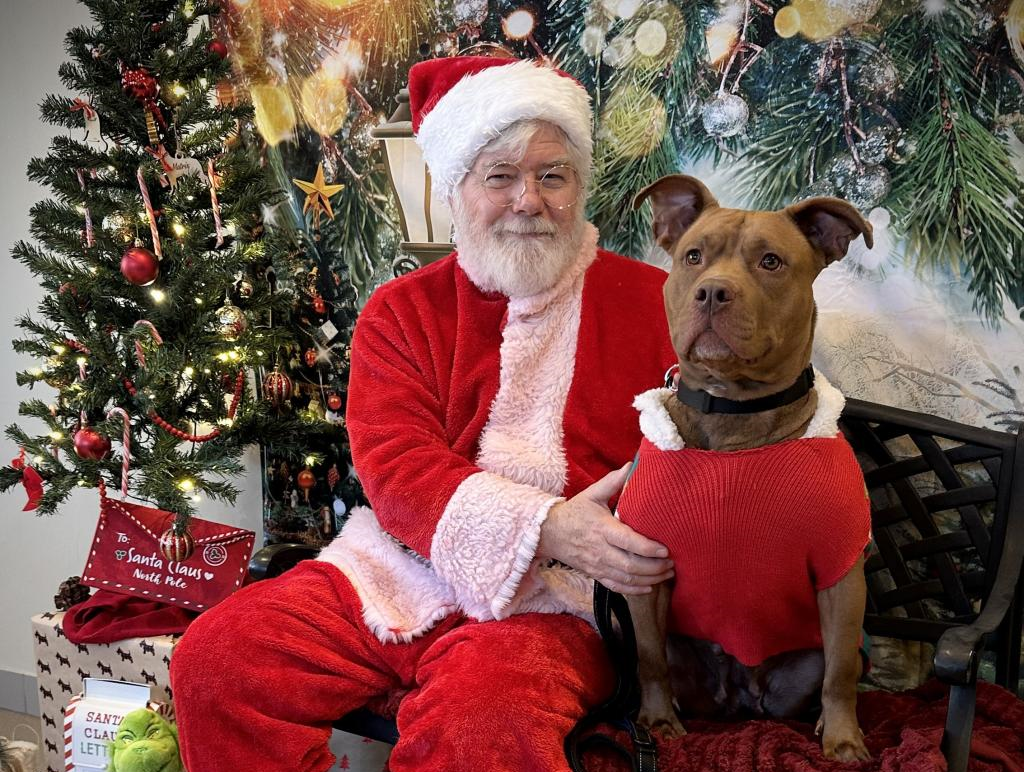By Maisha Hasan, Local Journalism Initiative Reporter
February 29 was Rare Disease Day in Burlington, as proclaimed by Mayor Marianne Meed Ward at the request of The Angel Project’s Lisette Kingo. While the day has been recognized in the city for the last seven years, 2024 marked the first year that Burlington’s Brant Street Pier was lit up in the Rare Disease Day’s colours of pink, purple, green, and blue, joining the Global Chain of Lights.
We all know people whose lives have been touched by cancer, diabetes, or heart disease, and these conditions all have teams of doctors and researchers working towards their understanding and eradication; rare diseases, though, are not usually high on the list of research priorities.
Rare diseases are those that affect “fewer than 1 in 2,000 people,” and that’s why Rare Disease Day is celebrated on the last day of February — Feb. 28 or Feb. 29 in leap years — “the rarest day of the year,” according to the Rare Disease Day website. The aim is to recognize just how rare the diseases commemorated are, as well as work towards “equitable access to diagnosis, treatment, health and social care and social opportunity for people affected by a rare disease.”
The day’s creation occurred in 2008, playing a critical part in the recognition of those living with rare diseases. Rare Disease Day is globally coordinated by EURORDIS and more than 65 national patient alliance organization partners.
More importantly, the reason why we celebrate is because there are some 300 million people worldwide living with a rare disease. Rare diseases are often initially misdiagnosed. A misdiagnosis will lead to delaying the proper treatment, and in extreme cases, death. In other cases, a lack of scientific knowledge on rare diseases may cause delays in critical diagnoses or might mean there are no effective treatments for a given disease.

The celebration of this day is imperative for awareness and a collective effort towards further medical research. Kingo, the founder of The Angel Project, understands this. The Angel Project is a charity that champions those with rare diseases, helping assist in medical research and donations, such as wheelchairs and speech computers for those who cannot afford them. The charity comforts and supports patients with complex medical diseases who remain in hospital for extended periods of time and who, more often than not, have very few visitors.
Kingo, better than most, knows the importance of raising awareness for rare diseases, having been diagnosed with postural orthostatic tachycardia syndrome (POTS) in 2016 herself.
POTS, a blood circulation disorder, is classed as a rare disease. Symptoms can include pain, fatigue, anxiety, gastrointestinal issues, and brain fog, with heart palpitations and lightheadedness being common.
Kingo says, “We launched the first POTS rehabilitation clinic one year ago today [in Burlington] and we have seen our first patient going from a life of being bedbound to being able to hold down a job without any funding, federal, municipal or corporate. It is time to change. It is time to put Canada on the map when it comes to rare diseases.”
While she is proud that Burlington has stepped up in terms of housing that POTS clinic and regular recognition of Rare Disease Day, there is much more to be done.
“We were the only developed country in the world to fail the World Health Organization’s criteria for treating people with rare disease, that is embarrassing, that is beyond disgraceful. Our federal government tried to sweep it under the carpet with a $500 million dedication to build a rare disease resolution, as well as focusing on orphan drugs, but the years have come and gone since 2019 and nothing has happened.”
Orphan drugs are medicines developed for rare diseases; because of the rarity of the diseases they treat, these drugs are not profitable for pharmaceutical companies to produce and/or are very expensive to purchase. Government assistance, in the form of subsidies or tax incentives, can mitigate these issues.
“For the last 25 years, my mission has been to be a voice for the voiceless. Years ago, however, I was diagnosed with the rare disease that is leaving me disabled, and spending months…in the hospital, but I won’t give up,” says Kingo.
Kingo’s passion for helping people with rare diseases is clear.
“Last year, I checked myself out of the hospital for four hours for the ribbon-cutting ceremony for the [POTS] rehabilitation clinic,” Kingo continues. “And today, I literally just came home from the hospital and I am headed right to the pier to represent all of those who have no representation in this vast country, and to receive the proclamation for rare disease, a promise by our city to do better.”

Kingo, arriving in a wheelchair, did indeed celebrate Rare Disease Day at Burlington’s pier, and had some emotional words for the gathered crowd, many of whom have been touched by rare diseases themselves. She promised to continue to raise money for the Angel Project, kicking off a $300,000 fundraising campaign.
“It sounds really high, but it isn’t,” Kingo said, citing her TikTok followers, as well as the people in the crowd. “That $300,000…will have an immediate impact on people with EDS [Ehlers-Danlos Syndrome], POTS, mast cell activation, any of those rare diseases that are caused by autonomic dysfunction or cardiac issues.”
“We have the doctor, the space, the hospital, everything but the money,” explained Kingo, so that when that $300,000 is raised, everything is ready to go, so that “patients will be…seen five days a week,” said Kingo.
“Tonight we join 106 countries, and 603 world landmarks by lighting up the Burlington pier in the colours of rare disease for the first time in history,” Kingo announced.
Tears came from more than one set of eyes upon seeing the pier lit up in recognition of Rare Disease Day and hearing Kingo’s words.
A small but promising step in the fight towards awareness, and better treatments and diagnoses for rare diseases of all kinds.
Go to the Angel Project’s website for more information on their work, or click here to make a donation.




